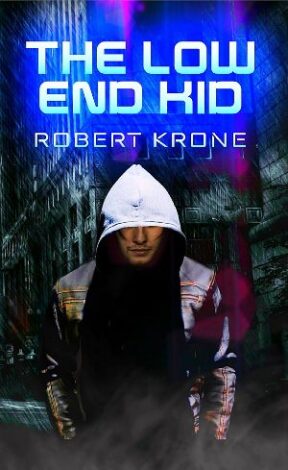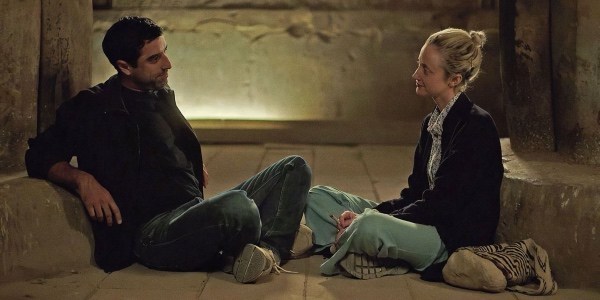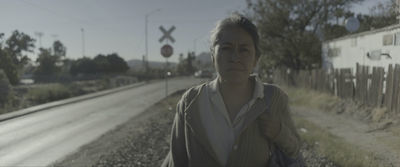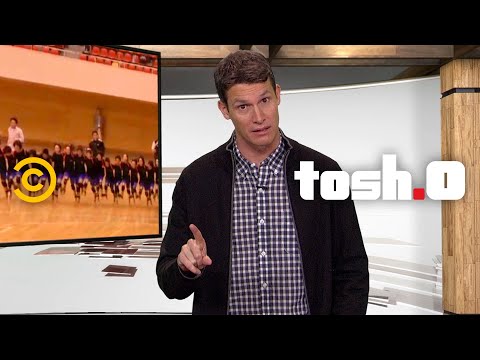How Dystopian ‘Low End Kid’ Captures Our Risk-Averse Age
Why did I write “The Low End Kid?”
I started with a simple idea. What if the heroes we worship today end up vilified in a future society blinded by utopian morals? And to really turn things around, what if thugs become the champions who hunt the fallen heroes for money and glory?
On the surface, this high-concept story was intriguing enough for a generic action novel. But on closer inspection, it lacked a soul needed to make any significant impact on discerning audiences.
Over the next two years, I hammered away at the outline, trashing one cool element after another in a failed pursuit of a proper storyline. I had the perfect protagonist, Max Zander, a teenage boy who holds no allegiances and possesses a penchant for upsetting the status quo.
As an opportunist looking to score his fortune by any means possible, including capturing outcasts, Max could be the P.O.V. for readers approaching this novel cold. Yet, even with him serving as the narrative anchor, the story was still missing emotional weight.
Well, that is until I stumbled upon the perfect counterbalance to his roguish charm, Zoe Chacon, an aging battle-hardened fugitive who gets caught in Max’s greedy crosshairs. By arresting a woman whose only sin is being a soldier, the naïve boy sets in motion a series of events that will turn his life upside down.
Putting Politics a Distant Second
With these two characters working off each other, I finally had a compelling story to explore. From there, “The Low End Kid” came into being, and with it, an inescapable sociopolitical commentary emerged, begging for attention.
I never set out to make a political statement. To be honest, I generally find agenda-driven books and movies a tad sanctimonious, if not artificial.
However, Max and Zoe exist in a culture where a person’s social worth is based on their value to the
greater Collective. Follow the norms, and you will earn points, which can elevate your status. Resist, and you will become an untouchable, condemned to persecution and bondage. So, within that specific context, such commentary is necessary in order to provide logical motivations for the characters.
This ‘Kid’ Resists Easy Labels
Despite the inherent political trappings, “The Low End Kid: cannot be pigeonholed into a right versus left argument. Nor should it be used as a diehard statement regarding the validity of one person’s beliefs compared to someone else’s.
To do so would be arrogant for any author, regardless of education or experience.
First and foremost, I want this novel to entertain the reader. The characters and their emotional responses are the main focus. It is the human factor that most intrigues me. I guess you can say I care more for people than I do for principles. Do Max and Zoe’s emotions ring true to you, the intended audience? If so, then I successfully did my part as a writer.
So, why did I create “The Low End Kid?” Because I could.
Yeah, that answer sounds exactly how Max would respond. Perhaps there’s a little of me in him. Maybe you will find some of him in you. Wouldn’t that be something?
_________________________
Robert Krone is a retired public servant, freelance writer, photographer, artist and now — novelist. His first work of fiction is “The Low End Kid,” hitting book stores Dec. 14.
The post How Dystopian ‘Low End Kid’ Captures Our Risk-Averse Age appeared first on Hollywood in Toto.





